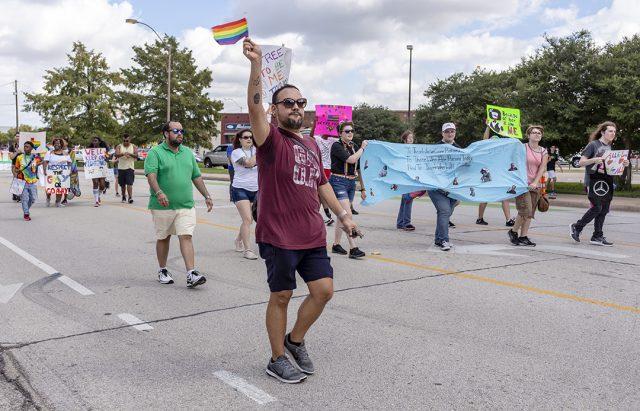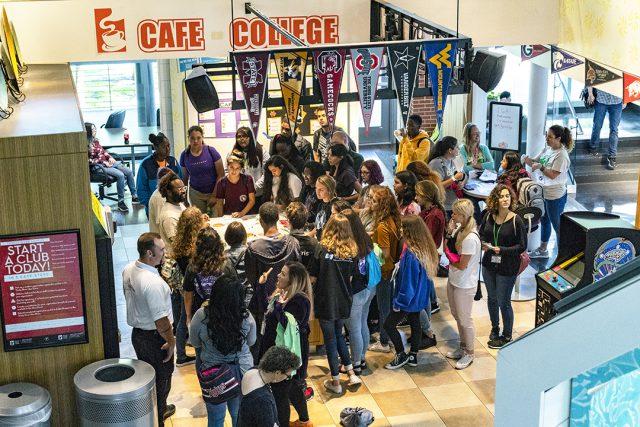By JW McNay/managing editor
Americans need to be able to earn a living wage. Since Congress will not increase the federal minimum wage, states and employers are left with the responsibility to ensure workers can make a living.
Amazon announced Oct. 2 it will increase its hourly minimum wage to $15, which takes effect Nov. 1.
The move is a step in the right direction as many multi-billion dollar corporations like Amazon see massive profits while their employees are not earning enough money. But what exactly is enough?
Simply put, a living wage is the amount of money an individual or family should earn to provide themselves with necessities. And that certainly isn’t possible on the current federal minimum wage of $7.25, which hasn’t changed since 2009.
States have been left with the responsibility to increase their minimum wages to account for inflation and the varied cost of living from state to state. Twenty-nine states and the District of Columbia have a minimum wage above the federal amount.
For states like Texas still at the federal minimum, an increase at the federal level is a simple way to help workers make a better living across more states, and it should have happened already.
The current plan for many states and corporations is to gradually increase their minimum wages over some amount of years. And while this is a step in the right direction, many workers need an increase immediately just to make ends meet.
Amazon’s move to increase its minimum wage was not without some social pressure. Earlier this year during the company’s Prime Day sale, workers in Europe went on strike for better working conditions and pay.
Vermont Sen. Bernie Sanders has also been publicly critical of Amazon for receiving tax breaks while some of its hourly employees reportedly still need government assistance such as food stamps. The recent move, however, is one step toward more Americans receiving a living wage.
And hopefully, other large corporations as well as the federal and state governments will follow suit to take more immediate steps to ensure more full-time working Americans can actually make a living.































